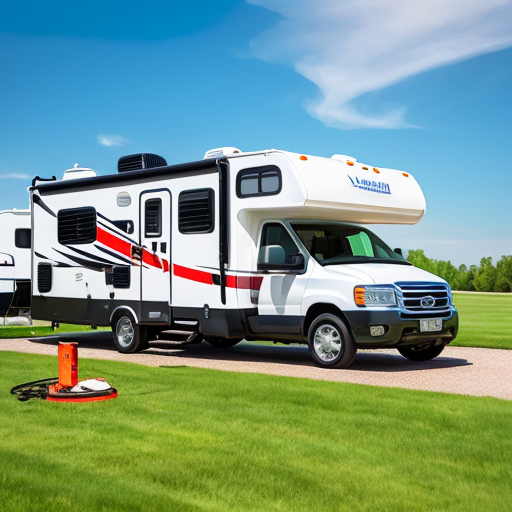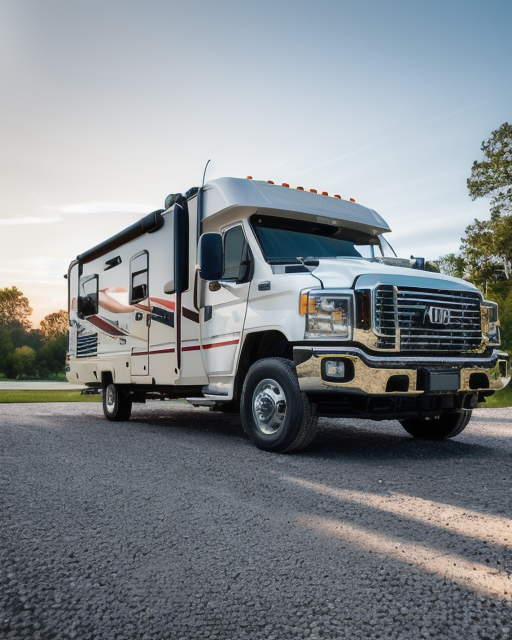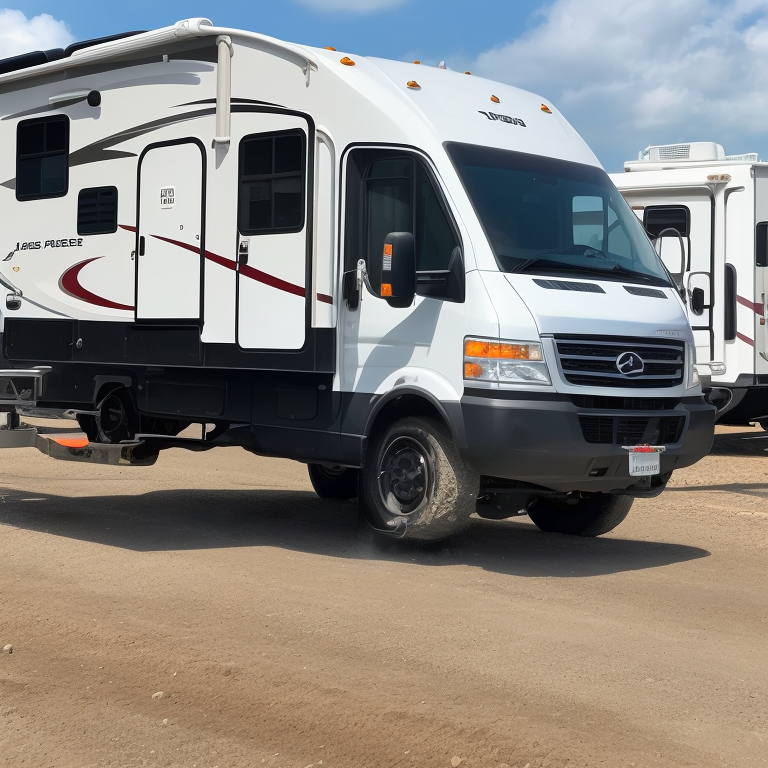
Troubleshooting RV Leveling Jacks: Tips for Proper Operation
Introduction:
RV leveling jacks are essential components of any recreational vehicle, providing stability and balance when parked on uneven terrain. However, like any mechanical system, leveling jacks can sometimes encounter issues that hinder their proper operation. In this article, we will explore common problems that RV owners may face with their leveling jacks and provide valuable troubleshooting tips to help resolve these issues. Whether you’re a seasoned RVer or new to the world of recreational vehicles, understanding how to troubleshoot leveling jacks will ensure a smoother and more enjoyable camping experience.
Basic Understanding of Leveling Jacks:
Before diving into troubleshooting, it’s important to have a basic understanding of RV leveling jacks. These hydraulic or electrically-powered mechanisms are designed to stabilize and level the RV when parked. Most RVs have either four or six jacks strategically placed to provide maximum stability. They can be extended or retracted individually or in pairs, allowing you to adjust the height of the RV based on the terrain.
Common Leveling Jack Issues:
Jacks not extending or retracting: One of the most common issues RV owners encounter is the failure of the leveling jacks to extend or retract properly. This can be caused by various factors, such as low hydraulic fluid levels, faulty electrical connections, or damaged hydraulic lines. Checking the fluid levels, inspecting the wiring connections, and visually inspecting the hydraulic lines for leaks can help identify the source of the problem.

Jacks operating unevenly:
Uneven operation occurs when the leveling jacks on one side of the RV extend or retract at a different rate compared to the other side. This can result in an unlevel RV, leading to discomfort and potential damage. Common causes include air trapped in the hydraulic system, unbalanced weight distribution in the RV, or faulty leveling jack controls. Bleeding the hydraulic system, redistributing weight inside the RV, and recalibrating the leveling controls can often resolve this issue.
Excessive noise or vibrations:
Unusual noises or vibrations during leveling jack operation can indicate underlying problems. Loose bolts, worn-out gears or bearings, and misaligned components are potential causes. Inspecting the jacks for loose bolts, lubricating moving parts, and realigning any misaligned components can help eliminate noise and vibrations.
Troubleshooting Tips:
Regular maintenance: Prevention is key when it comes to avoiding leveling jack issues. Regularly inspect and clean the jacks, paying attention to signs of wear and tear. Lubricate moving parts as recommended by the manufacturer, and keep hydraulic fluid levels within the specified range. Adhering to a maintenance routine will minimize the risk of problems occurring.
Follow the manufacturer’s instructions:
Each RV model may have specific instructions for operating and troubleshooting leveling jacks. Familiarize yourself with the manufacturer’s guidelines and consult the owner’s manual for troubleshooting steps. Following the prescribed procedures can help identify and resolve issues effectively.

Visual inspection:
Start troubleshooting by visually inspecting the leveling jacks for any visible damage, leaks, or loose connections. Check the hydraulic lines, wiring, and controls for signs of wear or malfunctions. Often, a thorough visual inspection can pinpoint the problem or provide clues for further investigation.
Fluid level check:
Low hydraulic fluid levels can cause leveling jacks to malfunction. Locate the hydraulic reservoir and check the fluid level. If it is low, add the recommended fluid as per the manufacturer’s instructions. Be cautious not to overfill the reservoir, as it can lead to system damage.
Electrical connections:
For electrically-powered leveling jacks, check the electrical connections for corrosion, loose wires, or damaged connectors. Ensure all connections are secure and free from debris. Clean and tighten connections if necessary.
Resetting the system:
If the leveling jacks are not responding or behaving erratically, a system reset might help. Refer to the owner’s manual for specific instructions on resetting the leveling jack system. This can often resolve minor glitches and restore proper operation.
Seek professional assistance:
If troubleshooting steps do not resolve the leveling jack issues, or if you are unsure about performing repairs yourself, it is advisable to seek professional assistance. RV service centers or certified technicians can diagnose and repair more complex problems to ensure the safe and proper functioning of your leveling jacks.

Conclusion:
Properly functioning RV leveling jacks are crucial for a stable and comfortable camping experience. By understanding the basics of leveling jack operation and following the troubleshooting tips outlined in this article, you can effectively address common leveling jack issues. Remember to perform regular maintenance, follow manufacturer instructions, and conduct visual inspections to catch any problems early on. With a little know-how and attention to detail, you can enjoy worry-free leveling jack operation and make the most of your RV adventures.